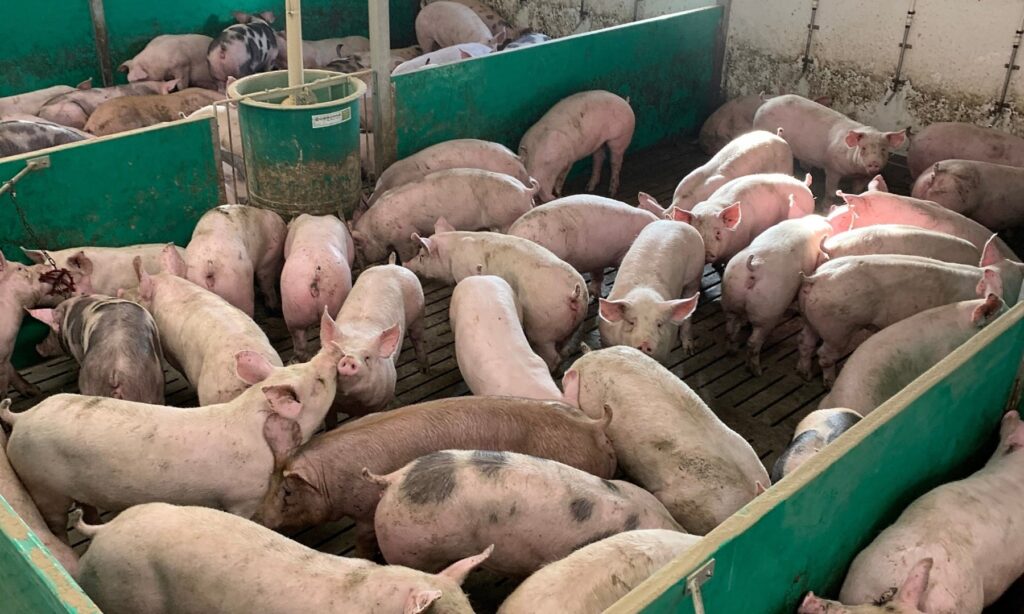New research, commissioned by compound feed manufacturer ABN, has revealed that the survival rate of underweight piglets could be improved by 1% by making changes to sow diets.
The findings are significant as the pig breeders have seen increasing litter sizes in recent years, which often results in a reduction in average piglet weaned weight, Dr Steve Jagger, senior pig nutritionist at ABN, explained. He said: “A larger litter is also associated with a greater variation in piglet birth weight and hence an increased number of small piglets.”
The ABN-commissioned PhD at the University of Leeds, conducted by Dr Hannah Davis and overseen by Professor Helen Miller, over a period of four years, evaluated concepts that may improve survival chances, including determining antibody and colostrum yield, and assessing piglet performance.
A total of 279 multiparous sows were used across four experiments, receiving either a control or an experimental diet.
The work found a significant increase in colostrum and immunoglobulin yield. An increase in colostrum intake has been shown to increase weaned weight, and the effect is proportionally greater with piglets of smaller birth weight.
Each trial at the University of Leeds showed the treatment group associated with an increase in colostrum production consistently increased piglet weight, both at 24 hours after birth, and at weaning.
Dietary changes increased colostrum by as much as 28%, and increased the concentration of immunoglobulins by almost 10% leading to increased colostrum and immunoglobulin intake by the piglets.
Paul Toplis, a technical expert with 45 years of experience of putting science into practice in the pig industry, and who has worked in association with ABN for the last 25 years, said the findings had the potential to be one of the more significant contributions to success in pig production, around the world.
“These results confirm the literature where an improvement in colostrum intake has increased piglet weight through to weaning. The research breaks new ground and confirms ABN’s determination to follow through on this considerable promise, by focusing research and development in this area,” he said.
“If we can improve survival by as little as 1%, that means an extra 125 pigs weaned per year from a 500-sow unit, or an extra 100,000 pigs weaned per year in GB alone,”




